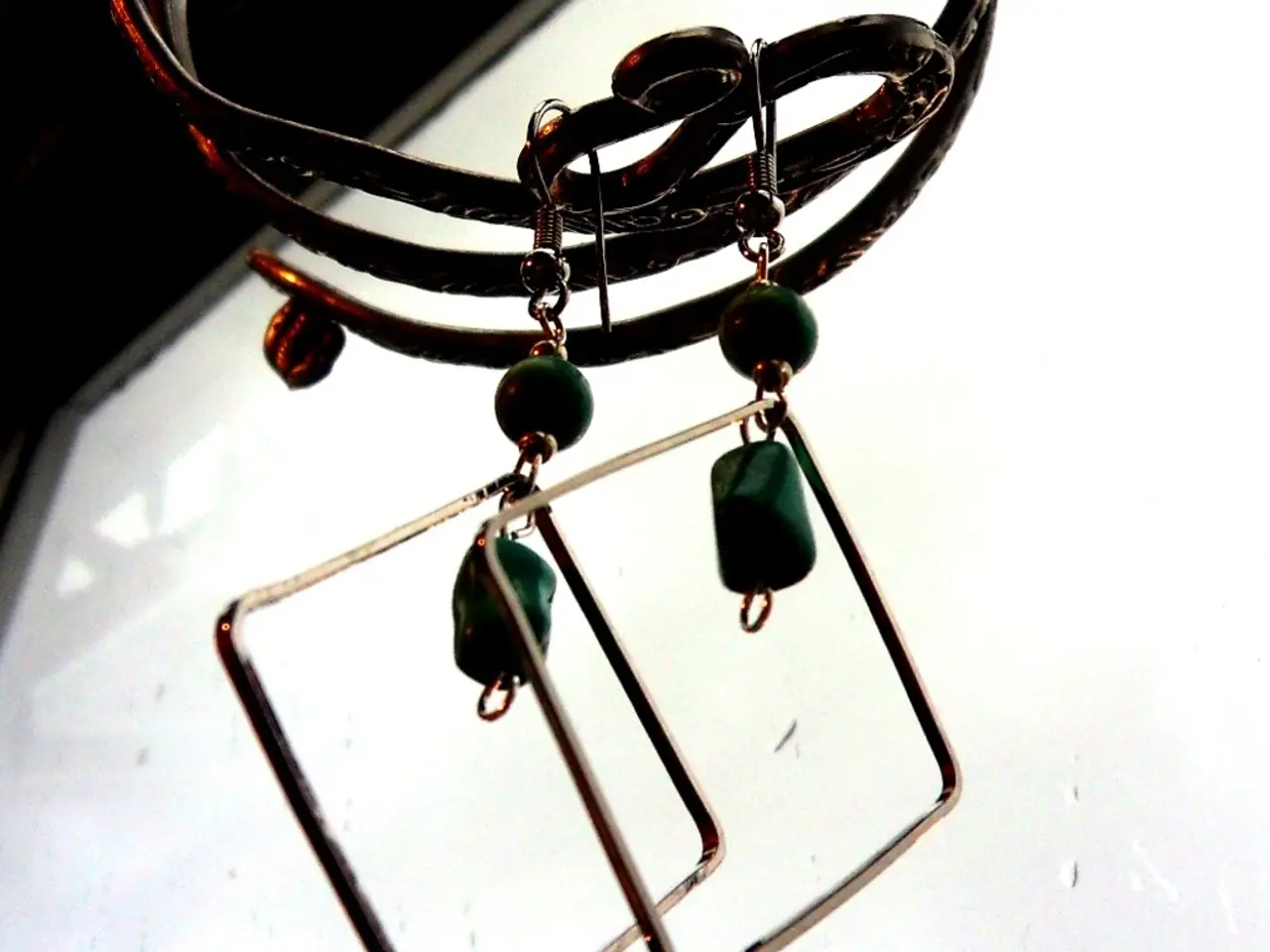Alcohol consumption and dietary habits could potentially lead to hearing impairment, according to specialists' opinions.
In our daily lives, we often overlook the impact of our habits on our hearing. While loud noises like operating heavy machinery or attending concerts are known culprits, there are other common activities that can contribute to hearing loss.
Listening to Loud Music or Using Earbuds Incorrectly
Prolonged use of earbuds at high volumes can damage the delicate hair cells in the inner ear, leading to irreversible hearing loss. To protect your hearing, follow the 60/60 rule: listen at 60% volume for no more than 60 minutes. Using noise-canceling headphones can also help.
Exposure to Everyday Noise Above 85 Decibels
Sounds from power tools, busy traffic, or loud environments can accumulate damage over time. Using hearing protection and reducing volume levels are important preventative measures.
Volume Creep in Media Consumption
Gradually increasing the volume on televisions or personal devices to compensate for early hearing loss can worsen damage. Be mindful of the volume levels and try to maintain a consistent setting.
Poor Diet and Lifestyle Factors
Research indicates that inadequate nutrition, particularly lacking antioxidants and minerals, may contribute to hearing decline. A balanced diet rich in oily fish, bananas, garlic, legumes, and whole grains, as well as supplements like omega-3s and vitamins A, B, C, and E, can support ear health.
Other Related Habits Affecting Ear Health
Though not direct causes of hearing loss, factors such as overusing nasal decongestant sprays and sleeping with the mouth open may impact ear function and overall ENT health, potentially affecting hearing indirectly over time.
Ototoxic Drugs and Hearing Loss
Ototoxic drugs can cause inner ear damage and hearing loss, which tends to happen quickly. Some examples of these drugs include aspirin, NSAIDs, certain antibiotics, and loop diuretics. If you're taking any of these medications, it's crucial to discuss potential side effects with your doctor or pharmacist.
Cleaning Earwax Safely
When it comes to cleaning earwax, it's essential to be gentle. Dr. Carol DerSarkissian at WebMD recommends using a washcloth to clean the outside of the ears and using baby oil, hydrogen peroxide, mineral oil, or glycerin to soften the wax. Avoid using cotton buds, as they can push earwax further into the ear and potentially rupture the eardrum. Also, refrain from using ear candles, as they can cause burns and other injuries.
Lifestyle Factors That Impact Hearing Health
Exercise is beneficial for ear health as it promotes good circulation and keeps the internal parts of the ears healthy. Smoking, on the other hand, increases the risk of developing hearing loss by 70%, according to Dr. Jenn Schumacher, audiologist for ReSound US.
The Extensive List of Ototoxic Drugs
There are over 200 ototoxic drugs on the market, including medicines used to treat serious infections, cancer, and heart disease. It's crucial to discuss potential side effects with your doctor or pharmacist if you're taking any of these medications.
In summary, common daily behaviors including listening to loud music via earbuds, exposure to noisy environments, ignoring gradual hearing changes, and poor nutrition can contribute significantly to hearing loss. Protecting hearing involves awareness of noise levels, appropriate use of hearing protection, and maintaining a balanced diet supportive of ear health. If you're experiencing hearing issues, always consult your doctor or pharmacist for advice.
Read also:
- Understanding the signs of anemia that appear in the oral cavity
- Chest X-ray findings in heart failure: An overview
- Improvement indicators for pneumonia: Recognizing the signs and additional information
- Seniors with no offspring in Kerala are entitled to legal maintenance, only from their direct heirs, as ruled by the High Court.





